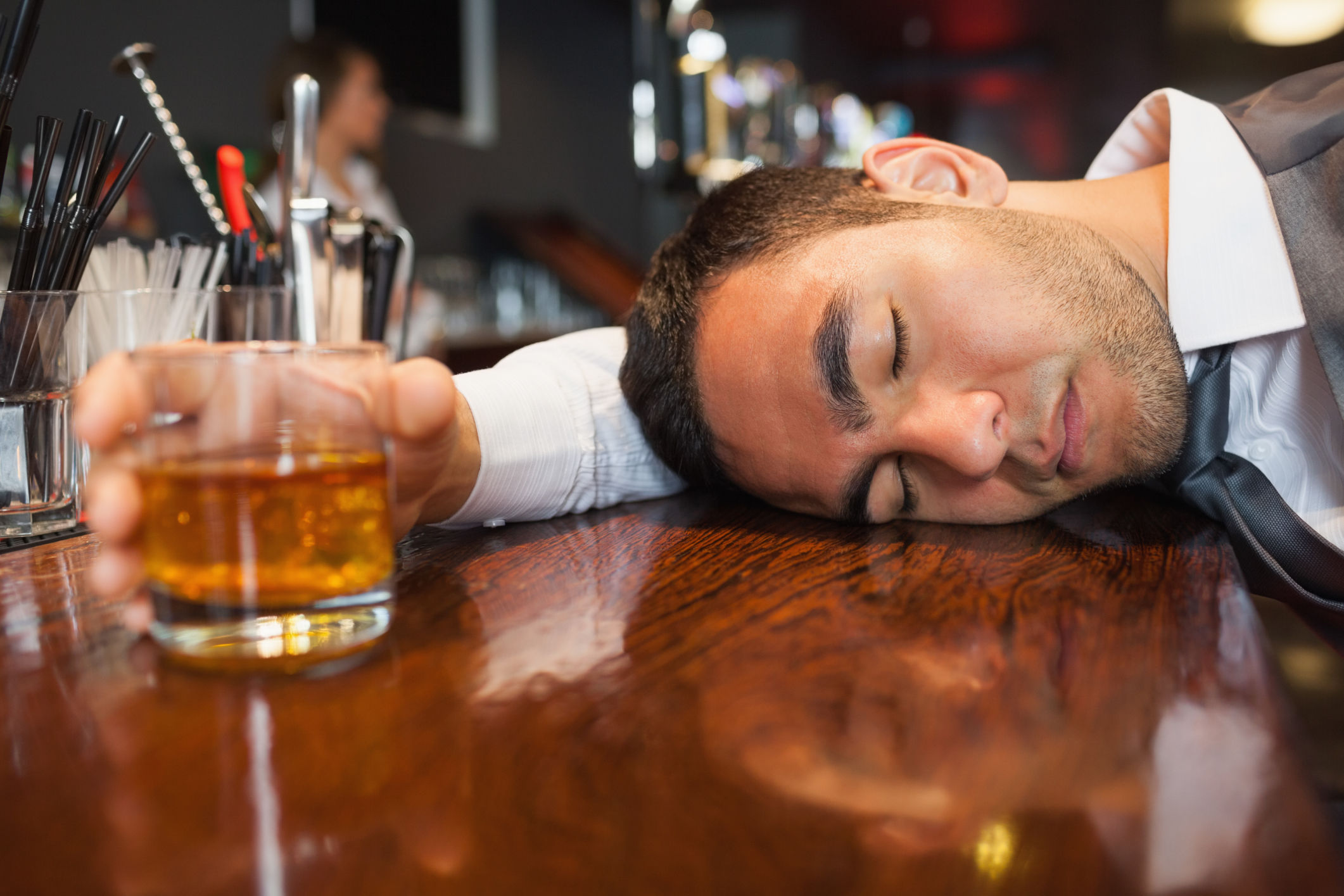David Nutt, a professor at the Imperial College, has created more than 85 flavors of his patented “Alcosynth,” which seeks to replace real alcohol by 2050.
The new drink will allow people to enjoy the effects of alcohol on socialization without suffering its immediate and long-term side effects. Alcosynth is designed to mimic alcohol, but it does not cause headaches, nausea or dry mouth. The effects of the synthetic drink last a couple of hours, just like when drinking regular alcohol. Professor Nutt has said he and his team also worked to limit the effects of drinking excessive quantities of Alcosynth. Thus, it will be impossible to feel “too drunk” when trying the synthetic drink.

Professor Nutt has patented around 90 hangover-free flavors, of which two are currently being tested, he told The Independent. The tests are rigorous because Alcosynth could be distributed worldwide and regulation entities must assure public health.
Nutt and his team have been working to design synthetic alcohol by researching substances that work on the brain and provoke the “happy” effects that real alcohol produces. After several experiments, Professor Nutt designed a drug that is supposedly non-toxic and successfully replicates the positive effects of alcohol.
According to Nutt, he and his team know “a lot” about the brain science of alcohol. He claimed to know where the good effects of alcohol are mediated in the brain and said he can mimic them.
Alcosynth could bring great benefits to public health
Alcosynth could revolutionize public health because the drink does not affect the liver and heart. Alcohol is the third biggest risk factor for disease and death in the United Kingdom.
The U.S. Centers for Disease Control and Prevention estimates that in 2006, overconsumption of alcohol cost American taxpayers up to $223.5 billion. Professor Nutt stated that people want healthier drinks. He reaffirmed that the alcoholic beverages industries would be gone by 2050.

“They know that and have been planning for this for at least ten years. But they don’t want to rush into it, because they’re making so much money from conventional alcohol.” Nutt said regarding the regular alcohol industry.
Nutt said Alcosynth will be there alongside scotch and other alcoholic drinks. He added his invention goes “very nicely” into mojitos. Past experiments into alcosynth used a derivative of benzodiazepine, which belongs to the same class of drugs as Valium, the BBC’s Horizon reported in 2011.
Professor Nutt denied his drinks contained benzodiazepine, which is hard to verify right now because Alcosynth’s formulas are well guarded. They are a patented secret but soon enough the current tests on the drink will reveal if there is any drug that replaces alcohol’s side effects.
A long road to legalizing Alcosynth
There is still a long way to go until people can start enjoying Alcosynth. Regulation parties have many concerns and the costs to fund the research are high. Nutt said he was unsure if the use of his invention will be banned by the new Psychoactive Substance Act, which came into force in May 2016. The act restricts the production, sale, and supply of psychoactive substances in the U.K.
Guy Bentley, a researcher that worked with Nutt to create Alcosynth, hopes to persuade the government to accept the drug as a way of reducing the consequences of real alcohol, he told The Independent.
Nutt and Bentley worked on a report to explain how Alcosynth will positively impact public health using as an example the alternative of real cigarettes: e-cigarettes. Bentley said Professor Nutt has been experimenting with Alcosynth for a long time, and he wishes to enjoy the drink in a short period.
Not everyone is excited about synthetic alcohol. Neil Williams of the British Beer and Pub Association said there are other ways to prevent a hangover and alcosynth is not necessary.
Williams said there are plenty of low-strength drinks. He argued that people just need to moderate their drinking to avoid hangovers. “If you drink with moderation you should not have a hangover anyway,” he told The Independent.
Regarding Alcosynth, Neil William said he wants to know more about the drink before he tries it. Professor Nutt worked with the British government giving advice about drugs, but he was fired after he said horse riding was more dangerous than ecstasy.
Source: The Independent
